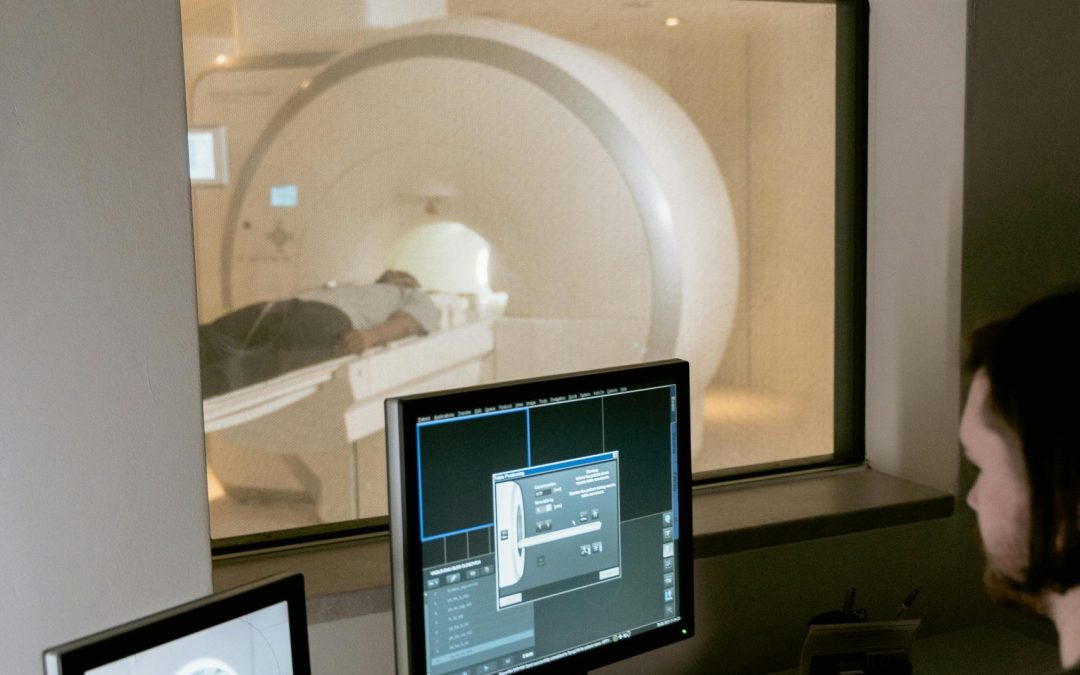Being scheduled for a cardiac MRI can raise many questions and concerns. You may wonder what the test will feel like, how long it will take, or if it will be uncomfortable. Feeling a little uneasy is normal, especially if this is your first MRI.
The good news is that a cardiac MRI is a safe and highly accurate way for doctors to evaluate the structure and function of your heart.
Knowing what to expect and focusing on the steps for preparing for an MRI can help you feel more at ease and confident about the procedure.
What is a Cardiac MRI?
A cardiac MRI (Magnetic Resonance Imaging) uses powerful magnets and radio waves to create high-resolution images of your heart.
This test allows doctors to assess blood flow, measure heart function, and evaluate conditions like heart disease, scarring, or congenital abnormalities.
Unlike X-rays or CT scans, an MRI does not use radiation, which makes it especially safe for repeated imaging when needed.
How to Prepare for a Cardiac MRI
When preparing for an MRI, there are a few important steps to follow. Your healthcare team will give you instructions based on your personal health needs, but in general:
- Clothing and metal items: You’ll need to remove jewelry, watches, and clothing with metal parts like zippers or snaps. Metal can interfere with the MRI’s magnetic field.
- Food and drink: In some cases, you may be asked to avoid eating or drinking a few hours before the scan. Your doctor will tell you if this applies.
- Medications: Most medications can be taken as usual, but always confirm with your doctor. If contrast dye is required, let your care team know about any allergies or kidney conditions.
What to Expect Before a Cardiac MRI
When you arrive, you’ll check in and complete any necessary paperwork. A technologist will explain the process and answer your questions.
If contrast dye is needed, it may be given through an IV to improve the clarity of the images.
What to Expect During the Heart Scan
You’ll lie on a table that slides into the MRI machine. The technologist may provide headphones or earplugs to soften the loud sounds the scanner makes.
You’ll be asked to stay still, so the images remain clear. At times, you may need to hold your breath for a few seconds while the machine captures detailed pictures of your heart.
The entire test typically lasts 30 to 60 minutes. While the MRI machine can feel confined, the open bore design at advanced imaging centers offers more space, making it easier for patients who feel anxious or claustrophobic.
Aftercare and Results
Once the scan is complete, you can usually return to your normal activities immediately. If you received contrast dye, your care team may recommend drinking extra water to help your body clear it. Side effects from contrast dye are rare and typically mild.
Your images will be reviewed by a radiologist and sent to your doctor, who will go over the results with you. This step may take a few days, depending on your provider.
The information from the cardiac MRI helps your care team make informed decisions about your diagnosis and treatment.
Advanced, Affordable Cardiac MRI with Expert Care in Fort Worth and Southlake, TX
If you or a loved one need a heart scan, trust Midtown Medical Imaging for accurate results, compassionate care, and advanced technology.
We offer the Siemens Skyra 3T MRI, which is among the most advanced systems available on an outpatient basis. With its extra-large 70 cm open bore design, patients experience greater comfort and reduced anxiety during their scan.
Every exam is interpreted by highly trained, board-certified radiologists, many of whom studied at the nation’s leading medical schools.
Book your appointment today and experience safe, expert-driven imaging designed around you.

